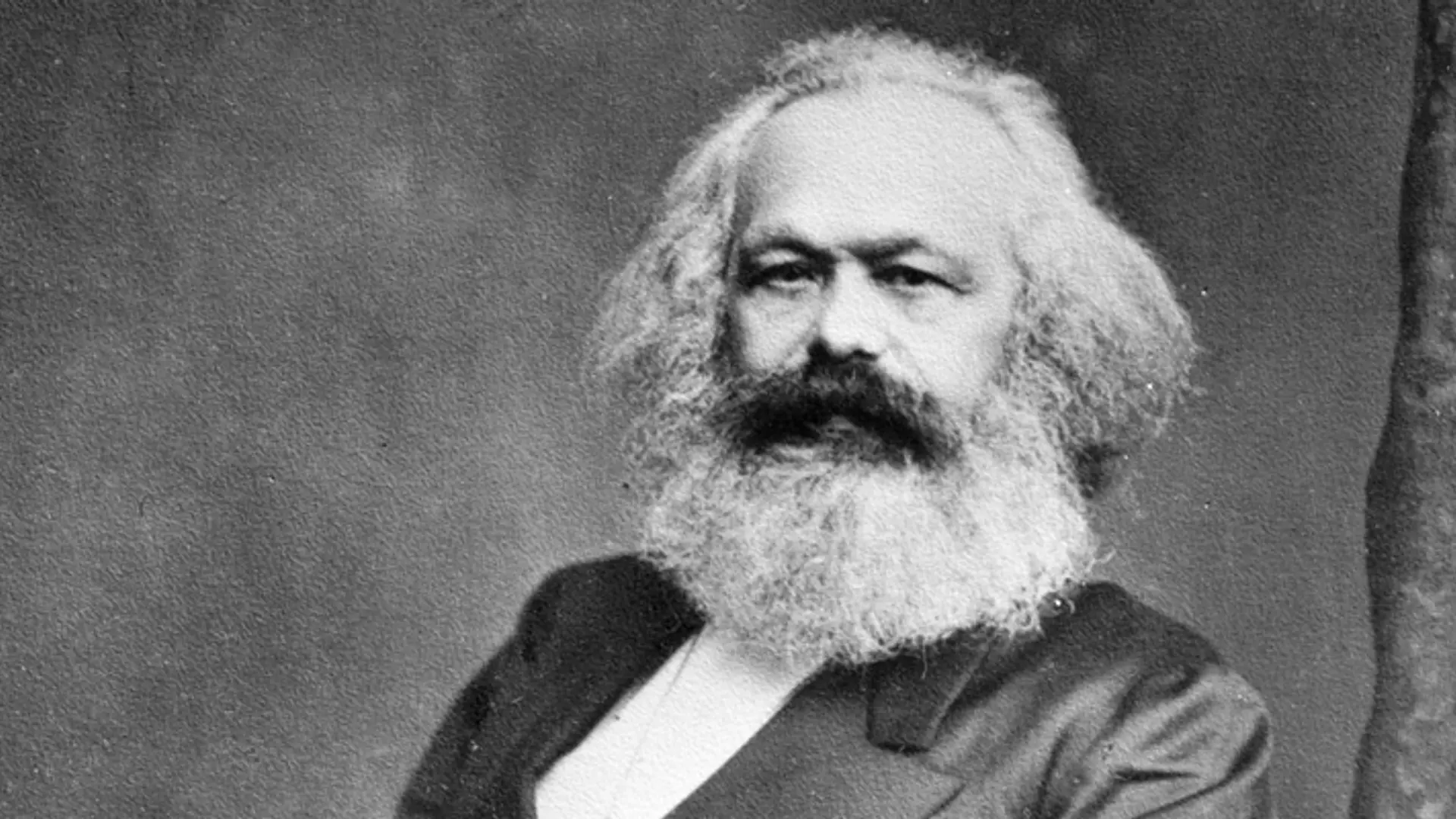London's coffee to power up its city buses
London is known for its addiction to coffee and we often see that in several films and TV shows. Thanks to a UK-based startup, ground level coffee waste in London is soon going to turn itself into an alternative source of energy that will power up the public transport system in the city.

A biofuel created by blending oil extracted from coffee waste with diesel is to be added to the public transport fuel supply. London-based technology firm Bio-bean has said it has produced enough coffee oil to power one bus for a year. Transport for London (TFL) has increasingly turned to using biofuels to reduce transport emissions.
The startup Bio-bean collects and processes 50,000 tonnes of ground coffee waste a year and the blended fuel can save 6.8 tonnes of carbon dioxide emissions for every tonne of recycled coffee used. It hopes to take on 50 more employees, said a Times report.
According to a report by Huffington Post, Bio-bean came up with a data report which says that Londoners consume an average of 2.3 cups of coffee a day, contributing to 2,00,000 tons of mineral-rich coffee waste over the course of a year. Founder of Bio-bean Arthur Kay told the publication,
"Instead of sending a ton of waste coffee grounds to landfill where it degrades and releases methane and CO2, we collect it, recycle it and turn it into a renewable fuel which is then used to replace further conventional fuels — so it's a double saving."
Popular fuel company Shell is supporting Bio-bean in this innovation. Besides, the need to make investment in alternate sources of energy arises as the ageing coal and nuclear power plants are to be replaced before they get closed in the 2020s. Also, Britain aims to decrease subsidies on renewable power generation.
Read More: A breakthrough in solar power with Britain’s first subsidy-free farm
Do you have an interesting story to share? Please write to us at [email protected]. To stay updated with more positive news, please connect with us on Facebook and Twitter.







